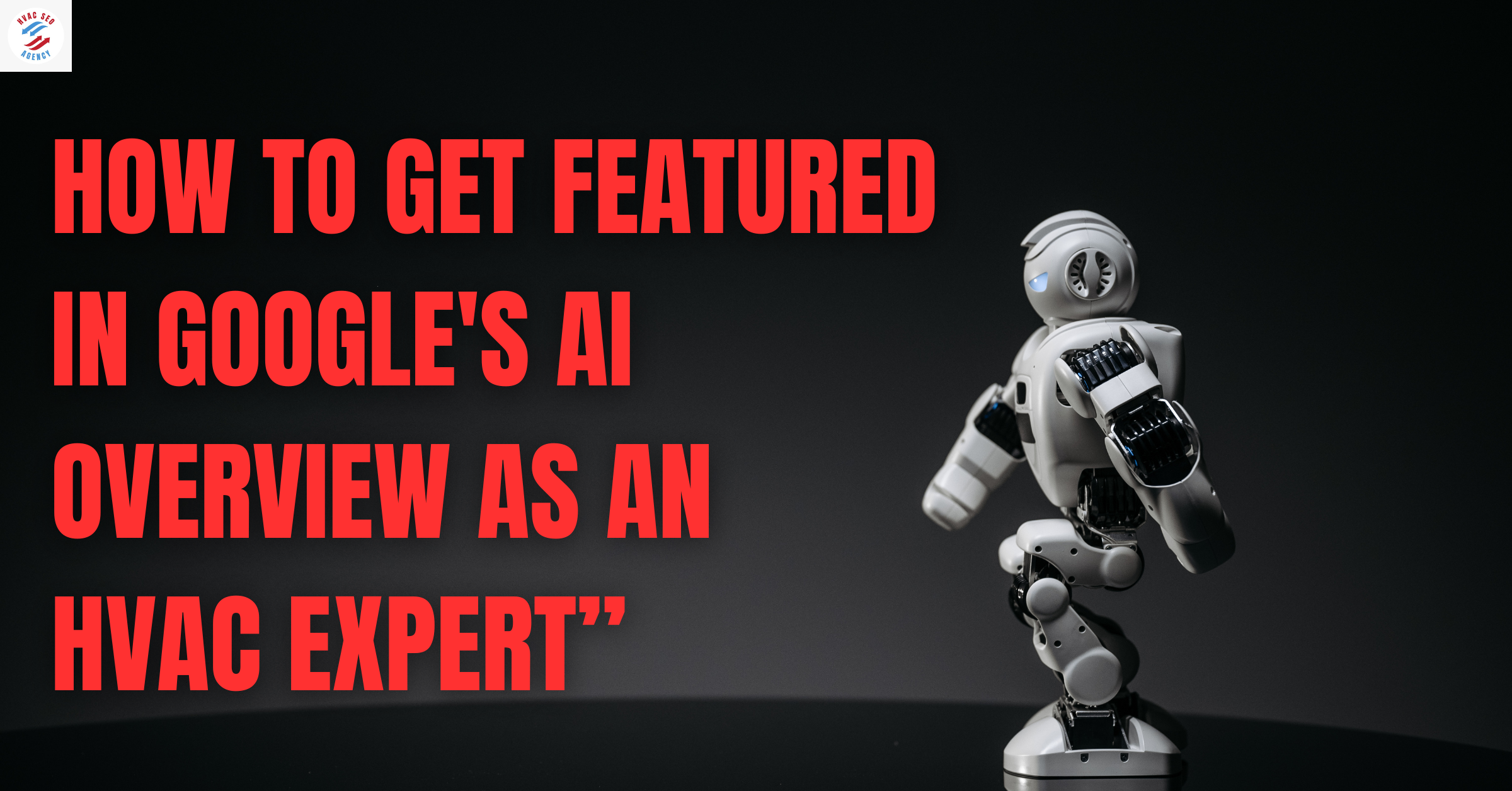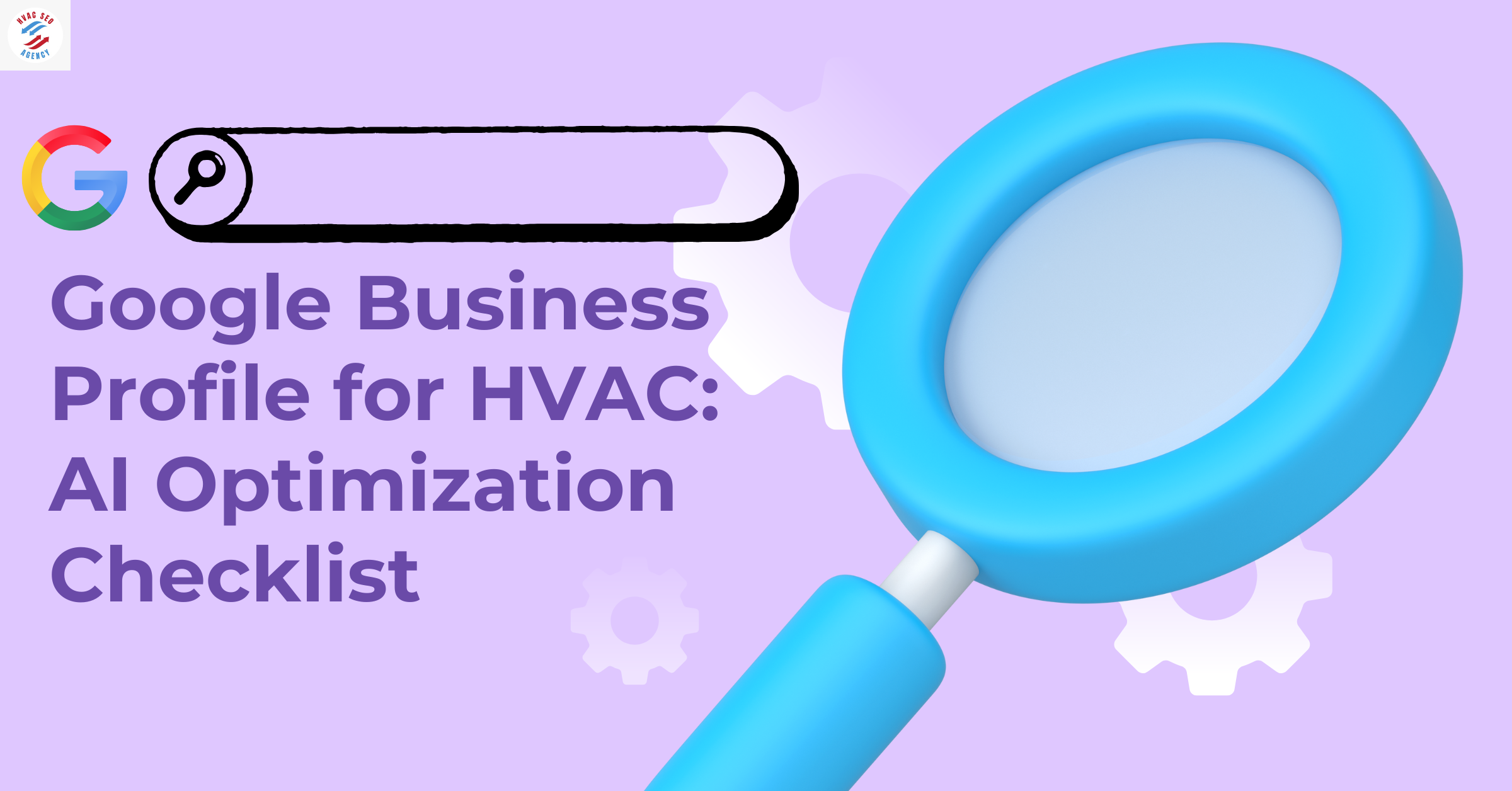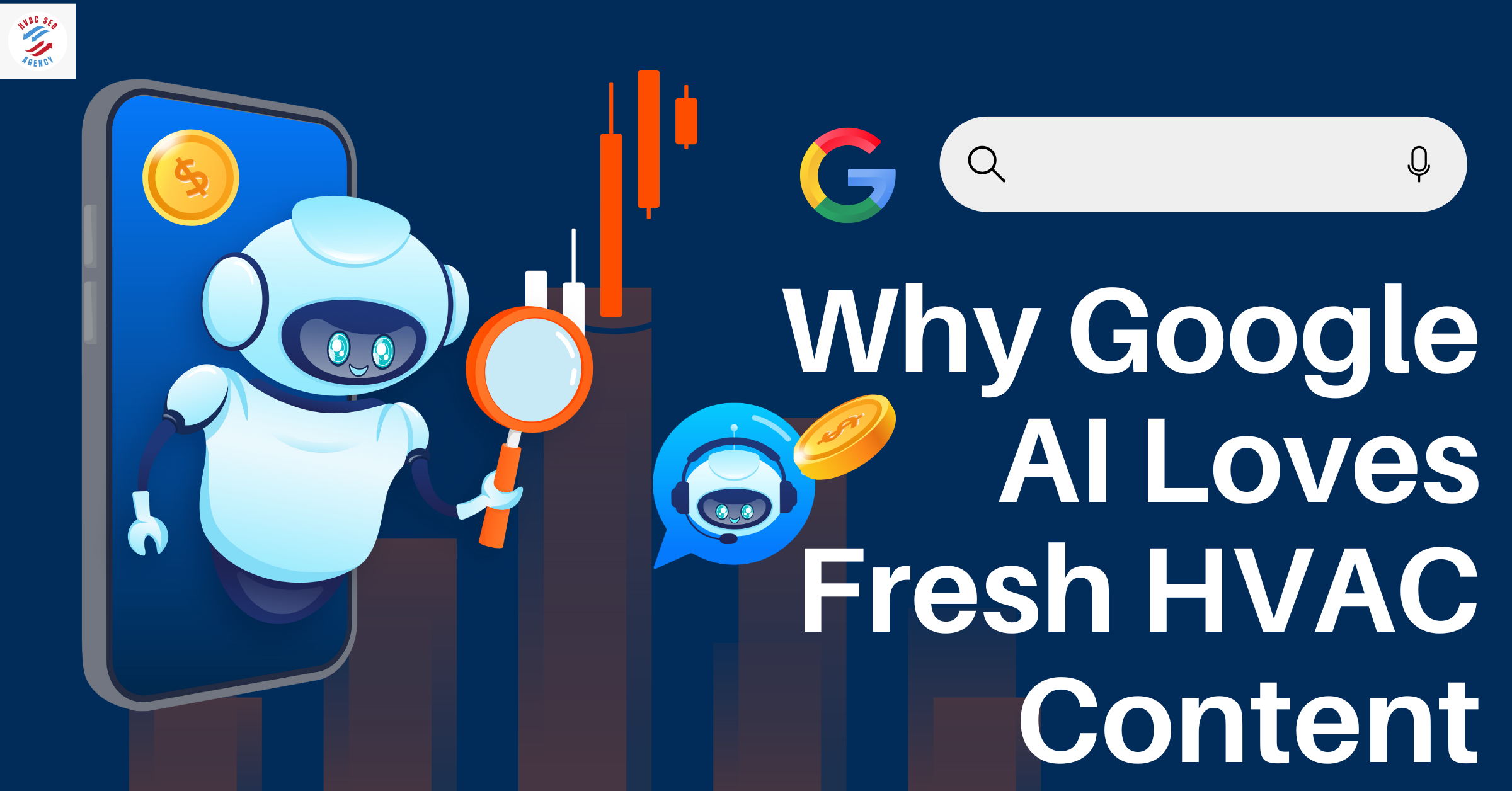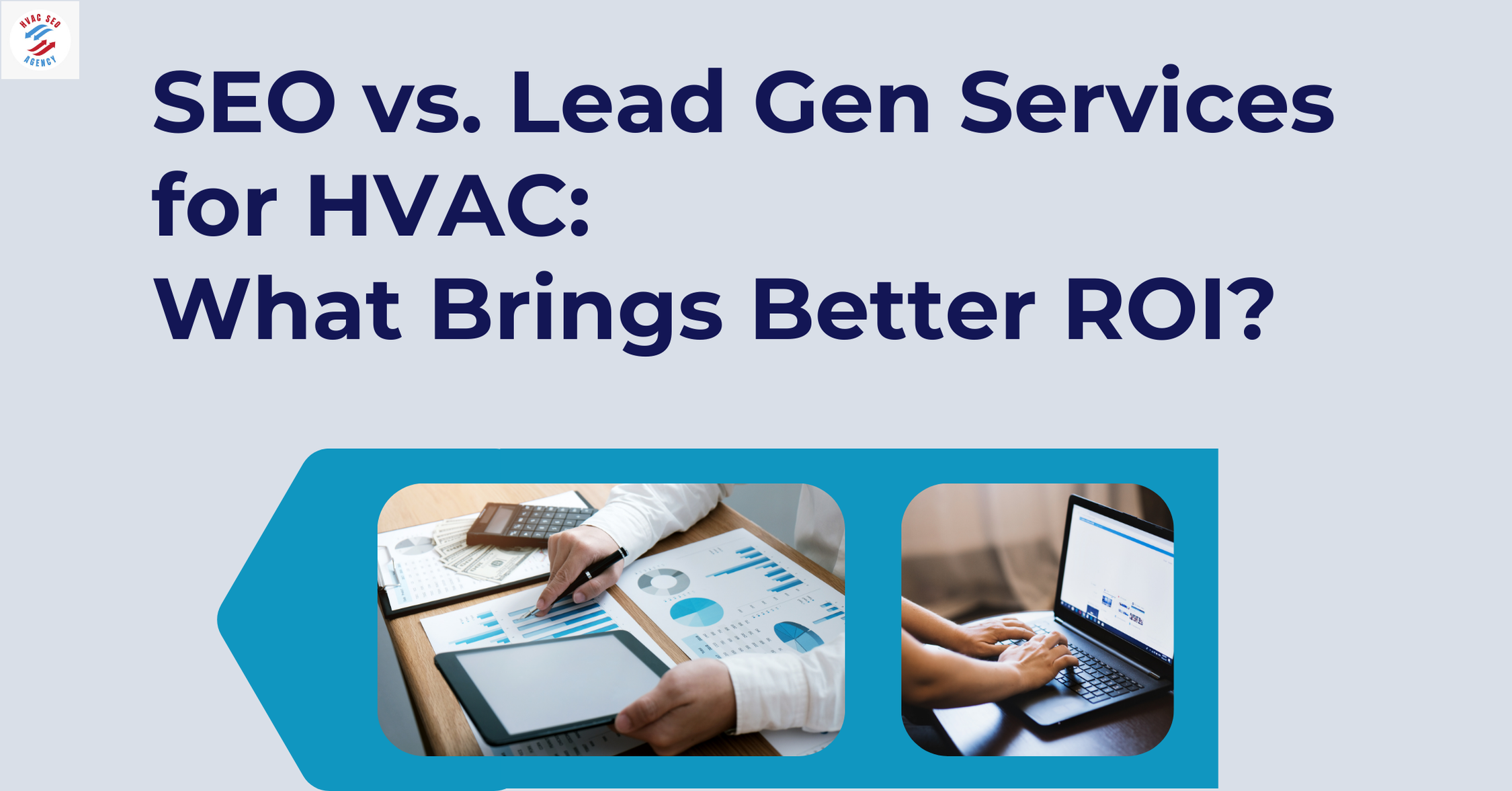The Ultimate Guide to Selling HVAC Maintenance Contracts

Why Selling HVAC Maintenance Contracts Is the Real Game-Changer
In the HVAC industry, one-time installations or emergency calls are no longer enough to sustain long-term profitability. The real key to consistent revenue lies in HVAC maintenance contracts. These agreements not only provide predictable cash flow but also build lasting customer relationships, reduce equipment failure rates, and increase brand loyalty.
As more HVAC companies realize the value of offering maintenance agreements, the competition to win customers has intensified. The solution? Smart marketing and digital positioning.
PPC for HVAC contractors allows you to generate immediate visibility and leads by targeting searchers actively looking for “HVAC maintenance plans near me” or “air conditioning tune-up services.” But pay-per-click campaigns must be backed with an efficient sales funnel and clearly defined contract offerings to truly convert clicks into clients.
On the other hand, SEO for HVAC contractors in Fresno and similar local markets ensures long-term visibility on Google for critical keywords like “annual AC maintenance,” “furnace service plans,” and “HVAC tune-up packages.” By optimizing your service pages for these keywords, embedding success case studies, and encouraging online reviews, contractors can appear in the Google Map Pack and rank organically driving leads 24/7 without paying for every click.
This blog is your ultimate guide to understanding how to sell HVAC service agreements strategically combining operations, marketing, customer psychology, and data-backed tactics to build a predictable revenue machine for your HVAC business.
Section 2: What Are HVAC Maintenance Contracts?
HVAC maintenance contracts are service agreements between HVAC contractors and customers that provide scheduled maintenance, inspections, and priority service in exchange for a recurring fee. These contracts help homeowners and commercial clients avoid costly breakdowns, maintain energy efficiency, and extend the lifespan of their HVAC systems.
For HVAC business owners, these agreements offer financial stability, reduce slow-season gaps, and increase the lifetime value of each customer. When you sell HVAC service agreements, you're not just offering tune-ups you're locking in future revenue while keeping your technicians productive year-round.
What Do Most HVAC Maintenance Contracts Include?
According to a 2024 survey by ServiceTitan and ACHR News:
68% of HVAC companies report that maintenance agreements account for over 30% of their recurring revenue.
Businesses with 100+ maintenance contract customers reported 20% higher retention rates and 25% fewer seasonal revenue dips.
Homeowners are 45% more likely to choose a contractor offering service agreements over one without any.
Graph: Revenue Impact of HVAC Maintenance Contracts
We'll include a bar graph comparing:
Average monthly revenue of contractors with fewer than 50 contracts
50–150 contracts
150–300 contracts
300+ contracts
Section 3: Targeting Commercial Clients Through LinkedIn and Professional Channels
While residential customers form a significant part of most HVAC businesses, commercial contracts are where the long-term value multiplies. Office buildings, retail stores, warehouses, and property management firms often require large-scale HVAC maintenance contracts with multi-system service needs, higher budgets, and multi-year engagement potential.
To capture this market, HVAC companies need to move beyond traditional advertising. This is where LinkedIn Marketing for HVAC Contractors becomes a high-value strategy. LinkedIn is the most trusted B2B platform in the U.S., used by over 65 million decision-makers, including facility managers, building engineers, and operations directors, your exact commercial target.
Why LinkedIn Works for Selling Commercial HVAC Maintenance Contracts
Over 82% of HVAC B2B buyers say thought leadership content influences their vendor selection (source: Edelman/LinkedIn 2023).
Sponsored InMail campaigns allow contractors to pitch directly to building managers in specific ZIP codes or industries.
LinkedIn Sales Navigator enables filtering by company size, facility location, or role title (e.g., “Facility Manager, Real Estate”).
Table: Comparison – Facebook Ads vs. LinkedIn Ads for Commercial HVAC Leads
How to Use LinkedIn to Sell HVAC Service Agreements
Optimize Your Company Page: Use SEO keywords like “Commercial HVAC Maintenance in [City]” and highlight your recurring service programs.
Post Client Case Studies: Showcase how a maintenance contract helped reduce energy bills or prevent breakdowns.
Direct Outreach: Message local property managers offering a free equipment audit or seasonal inspection.
Content Marketing: Share articles or videos about energy savings, HVAC lifecycle costs, and emergency prevention through contracts.
Section 4: Pricing Models That Actually Sell HVAC Service Agreements
Getting your pricing right is critical when trying to sell HVAC service agreements. Too low, and your business risks operating at a loss. Too high, and potential customers may hesitate to commit. The key is creating pricing tiers that deliver clear value and flexibility based on customer needs, residential or commercial.
Most HVAC companies in the U.S. structure HVAC maintenance contracts in three tiers:
Basic Plan – Annual inspection + discount on repairs
Standard Plan – Bi-annual service + priority scheduling + basic parts included
Premium Plan – Quarterly service + no diagnostic fees + full parts & labor coverage
Table: Common Pricing Tiers for Residential HVAC Maintenance Contracts (U.S. Market)
U.S. Consumer Trends Around Maintenance Plans
According to IBISWorld, over 53% of residential HVAC customers are willing to pay $200–$400/year for ongoing maintenance if it prevents major repairs.
Contractors that clearly package and display tiered pricing online see up to 27% higher conversion rates (Data: HVACR Business, 2023).
Offering autopay and auto-renewal options increases contract renewal rates by 38%.
Graph :
We'll include a line graph showing how different pricing plans impact:
Customer acquisition rate
Lifetime customer value
Churn rate
The Premium Plan often leads to fewer signups but the highest customer retention and revenue per user over time.
Section 5: Why Website Speed Matters When Selling HVAC Maintenance Contracts
When it comes to converting online visitors into long-term customers, speed is everything. A slow website doesn’t just frustrate users, it actively kills sales. If you want to sell HVAC service agreements at scale, you must first improve your HVAC website’s speed & performance.
According to Google, websites that load in under 2 seconds have a bounce rate below 9%, while those taking 5+ seconds see bounce rates soar above 38%. In the HVAC industry, where urgency and convenience are top customer priorities, these seconds directly impact conversions.
Why Speed Directly Impacts Sales of HVAC Maintenance Contracts
74% of users say they’re less likely to return to a website that’s slow on mobile (Source: Unbounce, 2023).
1-second delay in load time can reduce conversion rates by 7% (Source: HubSpot).
Over 58% of HVAC customers search and book services on their mobile device.
Table: Speed Benchmarks and Their Impact on HVAC Leads
Use lightweight image formats (WebP, compressed JPEGs)
Enable browser caching and GZIP compression
Switch to a faster hosting provider with U.S.-based servers
Implement a CDN (Content Delivery Network) to serve regional customers faster
Eliminate render-blocking scripts and unnecessary plugins
A fast, responsive website not only ranks higher on Google but also keeps your funnel tight from homepage to service contract checkout.
Graph :
Section 6: How to Train Your Team to Sell HVAC Service Agreements Effectively
Your technicians and customer service staff are the front line when it comes to selling HVAC maintenance contracts. No matter how good your website or marketing is, if your team can’t explain the value or close the sale, you're leaving revenue on the table. To successfully sell HVAC service agreements, staff must be trained not just technically, but also in communication, upselling, and customer psychology.
Key Areas to Cover in HVAC Maintenance Contract Sales Training
Understanding the Product
Staff should clearly understand what’s included in each tier, why it matters, and how it prevents breakdowns or saves on energy bills.Educating, Not Just Selling
Most homeowners don’t know why HVAC systems need regular maintenance. Technicians should be able to explain this in simple terms preferably using real examples from past service calls.Timing the Pitch
The best time to pitch a contract is right after a successful repair or tune-up. The system is working, trust is built, and the customer is open to long-term care.Using Scripts That Convert
Scripts should focus on benefits: “This contract gives you peace of mind and priority service during peak months,” instead of just “This costs $199 per year.”Tracking Performance
Incentivize staff with bonuses or recognition for every maintenance contract sold and use CRM tools to track pitch-to-close ratios.
Table: Technician Talking Points vs. Customer Response Rates
Companies that conduct formal sales training for HVAC staff report 32% more closed service agreements per month (Source: HVACR Training Report, 2023).
Technicians who pitch in-person convert at 2.5x the rate of phone-based pitches.
Graph :
Section 7: Why Your HVAC Business Needs a Professional Website to Sell More Contracts
In today’s digital-first marketplace, your HVAC business needs a professional website if you want to build trust, capture leads, and close sales consistently. Homeowners and commercial clients often make decisions based on how a company presents itself online. A dated, slow, or unclear website damages credibility and pushes potential customers toward your competitors especially when you’re trying to sell HVAC service agreements.
What Makes a Website "Professional" for HVAC Sales?
Clear Service Pages – Dedicated pages for AC maintenance, heating tune-ups, and full HVAC maintenance contracts with pricing, benefits, and FAQs.
Conversion-Optimized Design – Prominent call-to-action buttons like “Sign Up for Maintenance Plan” or “Book a Free Inspection.”
Mobile Responsiveness – Over 61% of HVAC-related searches in the U.S. now happen on mobile (Data: Statista, 2024).
Trust Builders – Include technician bios, client reviews, before/after project galleries, and certification badges.
Integrated Booking System – Let users schedule consultations or sign up for service agreements directly online.
Table: Key Website Features That Drive Contract Sign-Ups
U.S. Consumer Behavior Insights
88% of consumers say they trust a business more when it has a professionally designed website (Source: Blue Corona, 2023).
HVAC businesses with dedicated service plan pages convert 31% more leads into contracts compared to those that don’t.
Graph :
Section 8: Using Seasonal Promotions to Sell More HVAC Service Agreements
Timing is everything when it comes to HVAC sales. Seasonal peaks—especially just before summer and winter offer ideal opportunities to launch targeted campaigns that encourage customers to commit to HVAC maintenance contracts. People are most aware of their heating or cooling needs during these times, making them more receptive to service plans that ensure system reliability.
Promotions not only create urgency but also lower the barrier for first-time buyers to try your maintenance packages. Once they experience the value, upselling to higher-tier contracts becomes much easier.
Top Performing Seasonal Offers
Spring AC Tune-Up Special – Includes free system check with contract sign-up.
Winter Heating Assurance Plan – First month free if enrolled by November 30.
Pre-Summer Flash Sale – 20% off all annual HVAC maintenance contracts.
Loyalty Renewal Bonus – Existing clients get discounted renewal pricing or a free add-on service.
Table: Sample Seasonal Campaigns and Conversion Impact
U.S. HVAC Business Trends
Businesses that time promotions with seasonal demand see up to 38% higher sign-up rates for service agreements (Source: HVACR Business, 2024).
SMS and email campaigns tied to seasonal deals yield an average 14% click-through rate, nearly 3x higher than standard emails.
Section 9: How Reviews and Referrals Increase HVAC Maintenance Contract Sales
Trust is the backbone of recurring business in the HVAC industry. When homeowners are asked to commit to a year-long or multi-year HVAC maintenance contract, they rely heavily on social proof especially online reviews and referrals. Leveraging these elements can dramatically increase your ability to sell HVAC service agreements without spending extra on ads.
Why Customer Reviews Matter
93% of U.S. consumers say online reviews influence their buying decisions (Source: BrightLocal, 2024).
HVAC businesses with 200+ reviews and a 4.5+ star rating convert 36% more website visitors into contract sign-ups.
Positive reviews highlighting reliability, punctuality, and professionalism directly translate to trust in long-term maintenance services.
Referral Programs That Work
“Refer & Earn” Discounts – Give existing customers a $25–$50 credit for each friend who signs up for a service agreement.
Family Plan Bonuses – Offer discounted multi-home HVAC contracts for referrals within families or households.
Review-to-Reward Incentives – Encourage verified customers to leave reviews in exchange for a free air filter replacement or discount on renewal.
Table: Review & Referral Tactics and Resulting Lead Growth
U.S. Consumer Insight:
72% of homeowners say they’re more likely to sign a maintenance agreement if it’s personally recommended by someone they trust.
Businesses that use automated review follow-up systems see a 40% higher response rate than those relying on manual outreach.
Graph :
Section 10: Measuring ROI from HVAC Maintenance Contracts
You can’t scale what you don’t measure. To maximize profits and growth, every HVAC business needs to track the performance of its HVAC maintenance contracts—from acquisition cost to lifetime customer value. Service agreements aren’t just about recurring revenue; they also boost upsell opportunities, technician utilization, and overall company valuation.
Key Metrics to Track
Customer Lifetime Value (CLV)
Measures the total revenue generated from a client over the life of their contract, including upsells, renewals, and referrals.Contract Acquisition Cost (CAC)
Total marketing and sales expense divided by the number of contracts sold in a given period.Renewal Rate
Percentage of customers who renew their HVAC maintenance contracts after the initial term.Technician Utilization Rate
Measures how efficiently your technicians’ time is used across contract-related visits versus emergency or seasonal calls.Revenue Predictability Index (RPI)
Evaluates what percentage of your monthly revenue is recurring due to active maintenance agreements.
Table: Benchmark KPIs for High-Performing HVAC Businesses
HVAC companies generating 30% or more of their revenue from maintenance contracts are 22% more likely to achieve YOY revenue growth, according to ACCA (2023).
Businesses that monitor CAC and CLV monthly improve profitability by 18% within the first year (Source: ServiceTitan Data Report, 2024).
Frequently Asked Questions (FAQs)
1. What are HVAC maintenance contracts?
HVAC maintenance contracts are service agreements between a contractor and a customer that provide scheduled system inspections, priority service, and discounts on repairs for a fixed annual or monthly fee. They help homeowners avoid costly breakdowns and ensure systems run efficiently year-round.
2. Why should HVAC businesses sell HVAC service agreements?
When you sell HVAC service agreements, you generate recurring revenue, reduce seasonal income slumps, increase technician utilization, and improve customer retention. These agreements also open doors to upselling other services like system upgrades and air quality improvements.
3. How much should I charge for an HVAC maintenance contract?
Pricing depends on services offered, system types, and market location. Most residential HVAC maintenance contracts range from $150 to $500 per year, with tiered options based on visit frequency and benefits.
4. Do maintenance contracts actually increase profit?
Yes. HVAC businesses that focus on recurring contracts report 20–40% more predictable revenue, lower marketing costs per lead, and up to 30% higher customer lifetime value compared to those relying only on one-off repairs or installations.
5. Can digital marketing help sell HVAC maintenance contracts?
Absolutely. SEO, paid ads, and platforms like LinkedIn and Google Reviews play a huge role. Campaigns promoting service plans during seasonal demand spikes convert better. Optimizing your website and running targeted PPC or social ads can help you sell HVAC service agreements at scale.
Conclusion: Maintenance Contracts Are the Future of HVAC Profitability
In a competitive and seasonal industry like HVAC, one of the smartest business decisions you can make is offering structured HVAC maintenance contracts. These agreements create steady income, boost retention, and make your business more resilient during off-peak months.
But it’s not just about offering them, it's about how you position, price, market, and train your team to sell HVAC service agreements efficiently.
From upgrading your website and running PPC campaigns to training technicians and leveraging seasonal promotions, every tactic counts. And as the data clearly shows, HVAC businesses that treat maintenance plans as a core revenue stream—not just an add-on dominate their markets.






